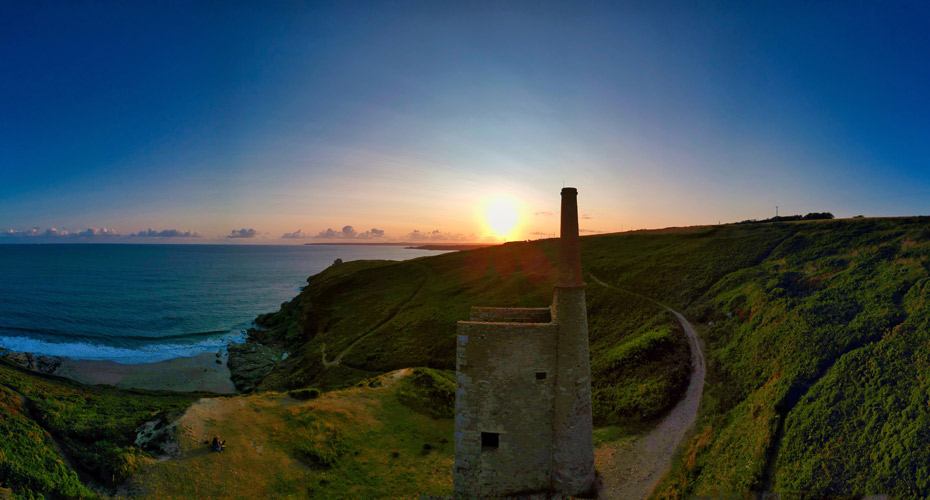About us (A-dro dhyn)
About us
The Institute of Cornish Studies: Exploring Cornwall’s Past, Present, and Future.
The Institute of Cornish Studies brings together academic research in and about Cornwall. We want to understand better the histories that make up this place, what Cornwall is like right now, and what kind of futures we can move towards.
As you can see from our website, we have brought together our research into four themes. Culture, Heritage and Society; Politics and Government; Economy and Business; Environment and Health. What we present you with is a selection of the research that has been happening across the University of Exeter’s campuses in Truro and Penryn to share with the wider community in Cornwall and elsewhere and provoke discussion. Whether you are a member of the public, work in local or national government, have business interests in Cornwall, or work in the charity/voluntary sector, we hope that you can find something that is of interest to you.
About the Institute of Cornish Studies
The ICS was officially launched in 1971 as a unique collaborative venture between the then Cornwall County Council and the University of Exeter. At that time its Director, Charles Thomas, defined its field as:
‘The study of all aspects of man and his handiwork in the regional setting (Cornwall and Scilly), past, present and future. The development of society, industry and the landscape in our fast changing world is as much of concern … as the history of those vast topics in the recent and remote past.’
This led to a series of projects covering such subjects as archaeology, botany, oral history and place names. Its leadership changed again in 1991 with Philip Payton, a political scientist and historian, developing an interdisciplinary New Cornish Studies. This included a specific focus on modern Cornwall since the eighteenth century and a consideration of topics like migration, tourism and ethnic identity. The subsequent involvement of new members of staff from 1997 onwards, notably Amy Hale, Garry Tregidga and Bernard Deacon, led to an emphasis on New Celtic Studies, oral history and quantitative research respectively.
To read the research that the ICS was conducting at that time, check out the Cornish Studies Series or the seminal 1993 book, Cornwall Since the War. Do also look through the associated Cornish Story outreach programme, and keep an eye open for our annual conference and a related programme of lectures, seminars and workshops.
As you will see, the ICS is now returning to the breadth of vision set out by Charles Thomas. As we move towards the future and consider what we want that future to be, we feel that we need to embrace research from across the disciplines.
In addition to our four research themes, we are also interested in our global connections. As we all know, Cornish people have taken their skills all over the world, providing us with links to places such as the USA, Australia, and New Zealand. Our international trade goes back at least as far as the Bronze Age, and our heritage and traditions provide us with connections to neighbouring regions, particularly our Celtic cousins in Wales, Brittany, and Ireland. Moreover, the public nature and depth of our identity provides us with points of resonance with many other parts of Europe in particular, other rural areas, which are also calling for stronger representation in an often metropolitan policy environment.
We hope that you find many things to interest you within the Institute for Cornish Studies, and we look forward to you joining us on our journey as Cornwall moves through the 21st Century.
Garry and Joanie

